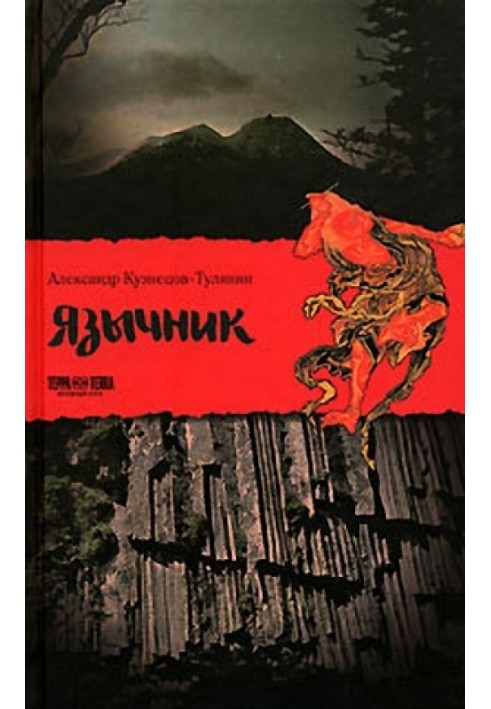Pagan
 Instant download
Instant download
after payment (24/7)
 Wide range of formats
Wide range of formats
(for all gadgets)
 Full book
Full book
(including for Apple and Android)
Alexander Kuznetsov was born in 1963. He graduated from the Faculty of Journalism of Moscow State University and worked in the Far East. Published in periodicals. Winner of the award named after. Andrey Platonov. Lives in Tula. Published in DN for the first time. Alexander Kuznetsov was born in 1963. He graduated from the Faculty of Journalism of Moscow State University and worked in the Far East. Published in periodicals. Winner of the award named after. Andrey Platonov. Lives in Tula. Published in "DN" for the first time. The most significant and most serious book of the author can, without any reservations, be considered the novel "Pagan" ("Friendship of Peoples", No. 9). The author himself defines the genre as an "ethnographic novel". His intentions are clear - the author seems to be moving away from those generalizations that the structure of his text suggests. He deliberately “reduces” the significance of his own swing - they say, it is not the picture of life in general that is shown, but only a very, very special case of it. Or even: such a vision is a purely subjective vision; from a different perspective, existence may look completely different... The scene is the Southern Kuril Islands, a fishing village inhabited by a motley crowd. All inhabitants, however, have one common property - an unsmooth, unfavorable fate. Everything here is, in a sense, a tumbleweed without a clan or tribe: a mixture of representatives of all possible nationalities and social strata, cut off from traditions and roots, formed a strange conglomerate of some kind of human plankton. Even closely related ties here are not strong, as if in a still-forming, not entirely civilized tribe... Life here is therefore perceived as momentary - and as an indivisible flow, where one thing is replaced by another. Everything around seems to deliberately metaphorize the indissoluble relationship between life and death - and the schools of fish that go to spawn every year to give life and die. And the very work of fishermen and poachers, when people’s lives depend on tons and centners of killed fish and when these tons and centners have to be paid with human life (and this happens quite often), leaves a special imprint on the perception...... Metaphors framing the plot a lot of. And the main one is the metaphor of the ocean, filled with a formidable, destructive and at the same time life-giving and harmonious force. The beauty and naturalness of all the surrounding nature and at the same time its indifferent equanimity to the eternal cycle of life serves as an antithesis to the world of transient human passions and, as it were, accepts these passions as a natural element of life, thereby refuting the “uniqueness”, “extraordinariness” of each individual outbreak. This inconsistency and ambiguity, which excludes the possibility of any final assessment, constitute one of the main advantages of the novel. Behind this figurative structure, real philosophy is clearly visible - not as abstract speculation, but above all - as a type of perception of existence, as a way of contemplating the world. His second important advantage is his extremely imaginative and dense writing, plus the author’s exquisite ear for the oral speech of characters and a rare eye for detail.
Data sheet
- Name of the Author
- Александр Кузнецов-Тулянин Владимирович
- Language
- Russian














